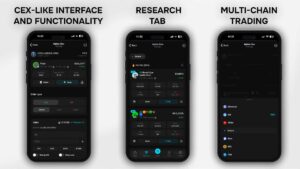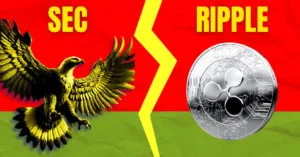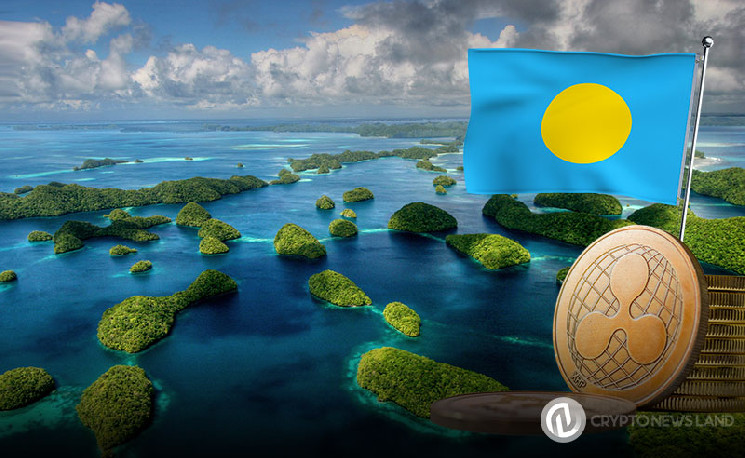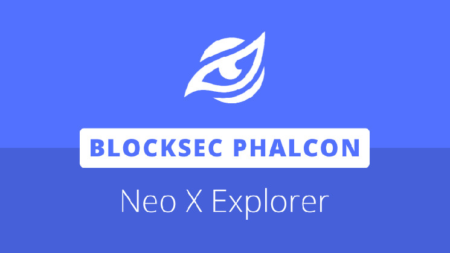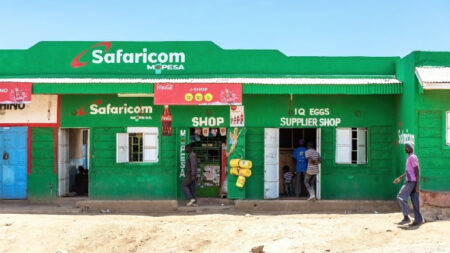- Palau has partnered with RNS.ID to launch a digital residency program on the Solana blockchain, allowing individuals to extend their visas and access restricted crypto exchanges.
- The program has implemented a thorough vetting process for applicants, including anti-money laundering checks and identity verification, to maintain its integrity.
- Despite some concerns, the initiative has seen a surge in applications, with over 7,338 digital residencies issued as of mid-June, generating substantial revenue.
The Pacific island nation of Palau has partnered with RNS.ID to develop a digital residency program on the Solana blockchain, signaling an important milestone in the digital identity ecosystem.
https://t.co/DfAGzubb56 to soon launch Legal Digital IDs on Solana.
This marks the first time a sovereign nation issues legal identity on Solana.
On-chain digital IDs empower people to control their identities and instantly verify them with service providers.
The future is… pic.twitter.com/BB9HIgElaJ
— RNS.ID 🌏 (@RNS_global) July 25, 2024
The RNS.ID platform allows users to apply for a Palau digital residence card for a price starting at $248. These digital residency assets not only allow tourists to extend their visas for up to 180 days, but they also give an additional layer of anonymity for people who want to use cryptocurrency exchanges that may be prohibited in their native countries.
Solana, known for its fast and low-cost transactions, provides the scalability needed to handle the program. The blockchain’s features are well-suited to handling verification processes and secure storage of sensitive personal data, guaranteeing that digital IDs are both credible and resistant to fraud.
The program creates new opportunities for those in countries with strict financial regulations to engage in the global cryptocurrency market. Furthermore, digital residency cards have been recognized by a wide range of organizations, from retail to online banking, demonstrating a growing adoption of blockchain-based identity solutions.
Despite the risk of abuse, the Palau government has put in place an effective vetting process for applicants, including anti-money laundering checks and identity verification, which can take up to 10 days to complete. This systematic strategy seeks to protect the program’s integrity while also ensuring compliance with international standards.
As of mid-June, the RNS.ID program has experienced an increase in applications, with over 7,338 digital residencies issued, indicating a high market demand for blockchain-based digital identity solutions. This collaboration between Palau and RNS.ID on the Solana blockchain represents a significant step forward in the digitalization of citizenship and could serve as a model for other countries.
Read the full article here


